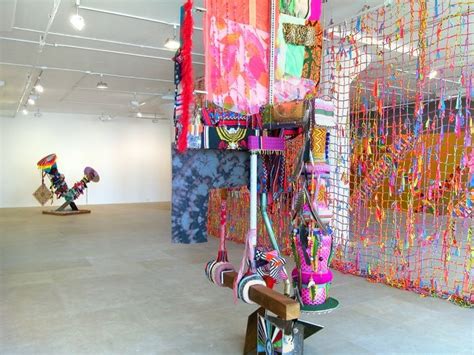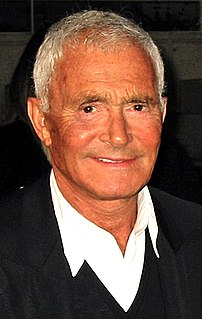A Quote by Tanya Saracho
At Shondaland, six out of nine writers were of color - not Latinx, but I was like, 'Wait, I can do that but for the whole room?' 'Atlanta' had done that, then I can do that.
Related Quotes
I had never heard this term before - gente-fication - which is also happening in Portland, Houston; it's happening in a lot of cities. It's upwardly mobile Latinx who want to come back to their neighborhoods where they grew up - or it's Latinx moving to L.A. and looking for a Latinx neighborhood to live or open a business.
Book critics certainly are judges who wield a tremendous amount of power in terms of whether or not a book will reach a wider audience. That's one of the reasons why I try to give coverage to books written by Latinx writers; too many worthwhile works of literature do not get the kind of coverage they deserve, and I've certainly seen that with respect to books written by writers of color. But there are some wonderful, diverse writers out there who mentor and otherwise support those voices that often have been ignored by much of the mainstream press.
Nine out of nine architects start with a sketch, and then they say, 'What should we make it out of?' I start from the bottom up - what should it be made out of - and then I worry about what should it look like. The material, the color of the material, the way it feels, and the way you respond to it is every bit as valid as the form or the shape.
When I was in the writers' room, all these writers were like, "Ugh, another star that they gave a writing-producing credit to." But then within like an hour, they were like, "You're really a writer." "Yeah, I really am. I'm a writer, and a director, and a producer, and an actor, and a painter, and I do all that stuff in the Lush Life." It was great.
Like, when we did Parliament and Funkadelic and Bootsy, it was actually one thing. But there were so many people that you could split them up into different groups. And then, when we went out on tour and they [the record companies] would see us all up there together - we had five, six guitars playing at one time, not including the bass! -, they said: "Wait a minute, that's just one whole group, selling different names!" But it wasn't - we had enough people in the group that each member would have a section to be another group. So now we're finally starting to get them to understand that.
My whole world changed when Michael Jackson brought out the Bad album when I was about eight or nine. He took over my whole life and from then on I wanted to be Michael Jackson. I watched his videos for hours and learned how to dance like him. I would push back the chairs in the room and learn his dance moves. I even taught myself to moonwalk.
The typical workday, particularly in startup mode, is from nine to six or nine to seven, then you take a two-hour break to work out and eat dinner. By that time, you're relaxed, and then you work until midnight or one A.M. If there was no break with physical activity, you'd be more tired and less alert.
Many people I know - writers, poets - they have all been sentenced not once but sometimes three times after they come out. They serve five or six years, come out another time, and then nine years. Come out again, 12 years. Only because they have a different opinion. They are innocent people, they have beautiful minds, beautiful hearts.
When I was only in the first episode of Orange Is The New Black, I'm thinking by lunchtime I'm ready for my contract, like, "What's up?" I finally just spoke up and said, "What's the deal? This is the first episode. I'd love to be on your show." And they said, "Oh, Lori, we filmed out of order, we already filmed the whole season two." So I had to wait six whole months to come back again.
I didn't like what was on TV in terms of sitcoms?it had nothing to do with the color of them?I just didn't like any of them. I saw little kids, let's say 6 or 7 years old, white kids, black kids. And the way they were addressing the father or the mother, the writers had turned things around, so the little children were smarter than the parent or the caregiver. They were just not funny to me. I felt that it was manipulative and the audience was looking at something that had no responsibility to the family.


































